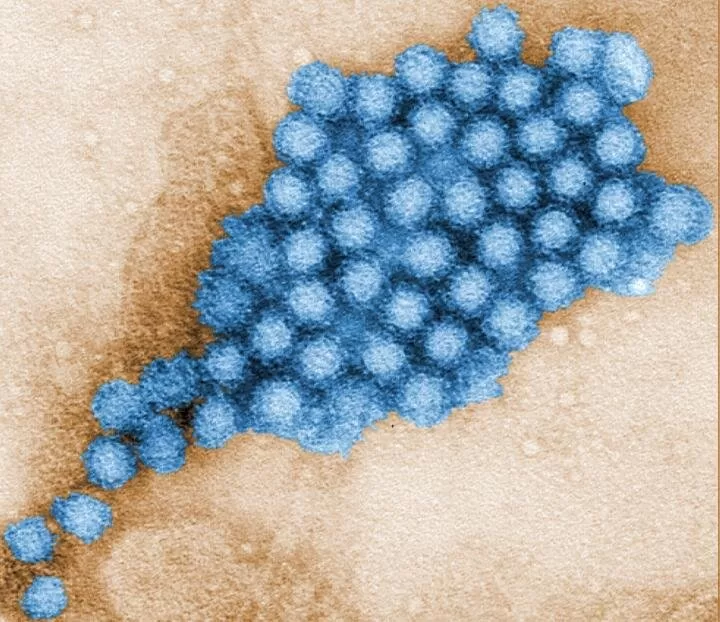December 30, 2024 – Cases of norovirus, a highly contagious stomach illness, are on the rise in the United States this winter, according to new data from the Centers for Disease Control and Prevention (CDC).
During the week of December 5, the CDC reported 91 norovirus outbreaks, a sharp increase from 69 outbreaks the previous week. This figure surpasses recent years’ December averages, which peaked at 65 outbreaks during the same period.
What Is Norovirus?
Norovirus is the leading cause of foodborne illness in the U.S., responsible for approximately 58% of such cases annually. Often called the “stomach flu” (though unrelated to influenza), norovirus is a group of viruses that spreads easily. As few as 10 viral particles can cause an infection, experts say.
Outbreaks frequently occur in close-contact settings like nursing homes, schools, jails, and cruise ships. The virus thrives from November to April, with an estimated 2,500 outbreaks reported nationwide each year.
Symptoms and Severity
Norovirus infections come on suddenly, with symptoms developing 12 to 48 hours after exposure. Common symptoms include:
- Vomiting
- Diarrhea
- Nausea
- Stomach pain
- Body aches
- Headaches
- Low-grade fever
While most people recover within one to three days, the virus poses serious risks for vulnerable groups, including young children, older adults, and those with weakened immune systems. Norovirus causes an estimated 900 deaths and 109,000 hospitalizations annually in the U.S., primarily due to dehydration.
How Does Norovirus Spread?
The virus spreads through direct contact with an infected person, contaminated food or water, or surfaces. Sharing utensils or food is a common transmission route, as is poor hygiene in food preparation.
Prevention Tips
To minimize your risk of infection:
- Wash Hands Frequently: Scrub hands with soap and warm water for at least 20 seconds, especially before eating or preparing food.
- Disinfect Surfaces: Use household disinfectants to clean areas where food is prepared or consumed.
- Avoid Sharing Food or Utensils: Be cautious, particularly in group settings.
What to Do If You Get Sick
There is no specific treatment for norovirus, but symptoms can be managed by staying hydrated. Drink water or oral rehydration solutions. Avoid beverages like coffee, tea, or alcohol, which can worsen dehydration.
Seek medical help if symptoms of dehydration appear, such as dry mouth, dizziness, or reduced urination. In children, watch for lethargy, fussiness, or crying with few tears.
A Persistent Winter Challenge
As norovirus cases surge, public health officials stress the importance of hygiene and vigilance. With simple precautions like handwashing and disinfecting surfaces, the spread of this uncomfortable—but preventable—illness can be reduced during the peak winter season.
For more information on norovirus and how to protect yourself, visit the CDC’s official website.












